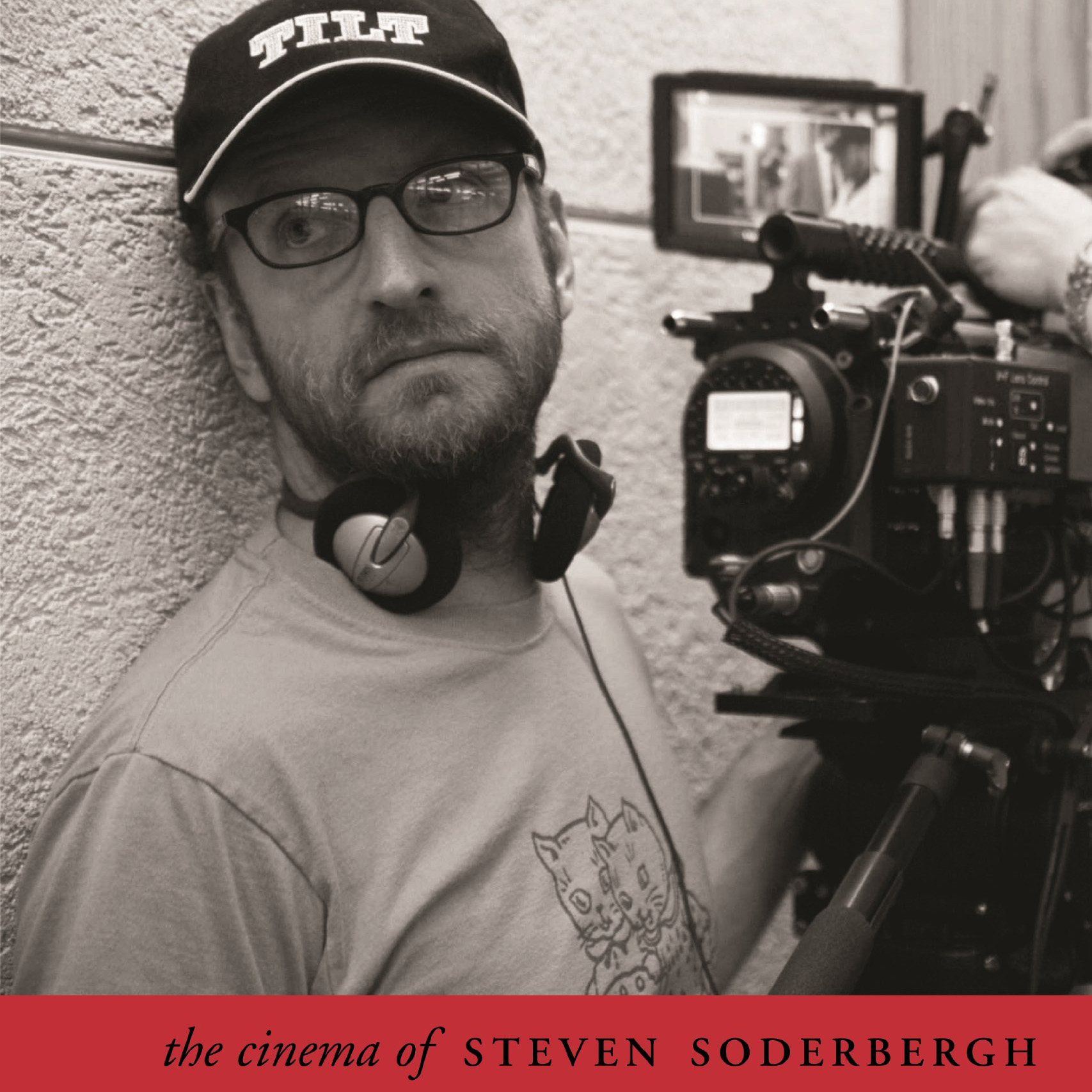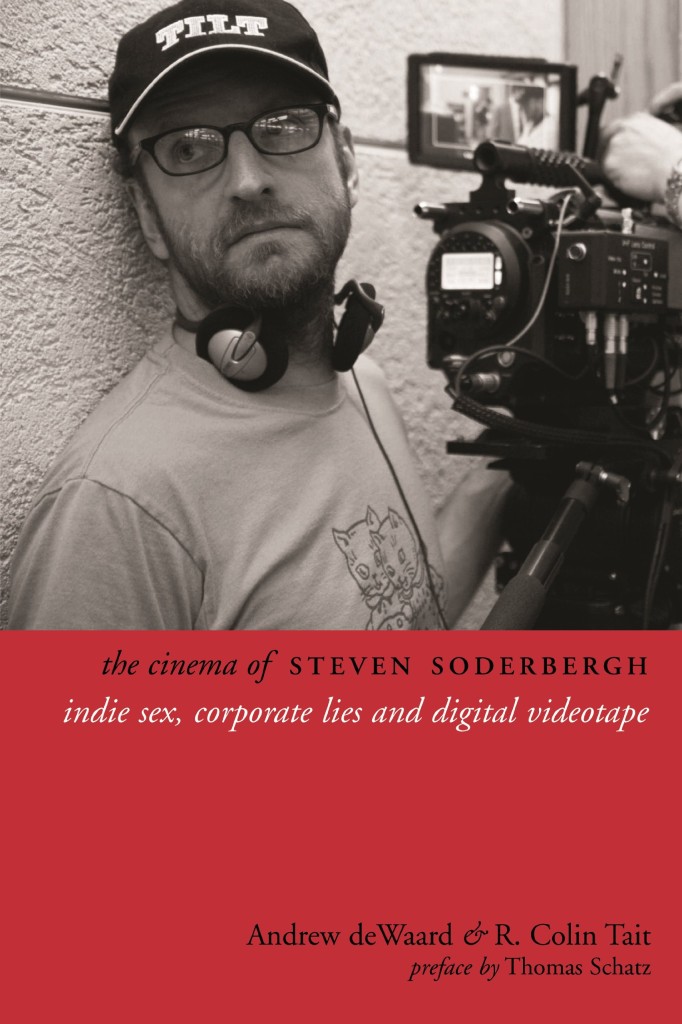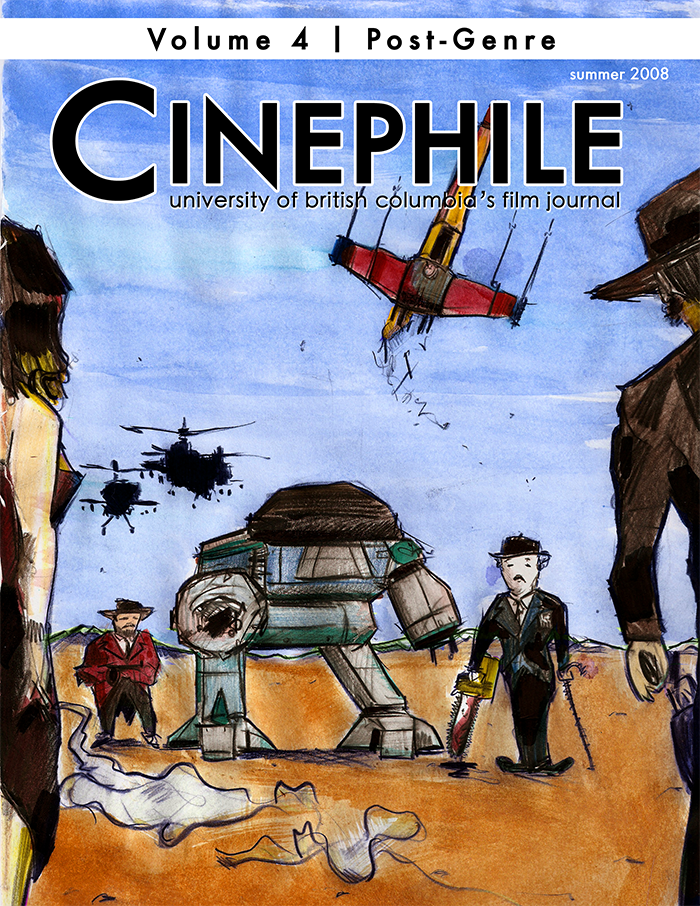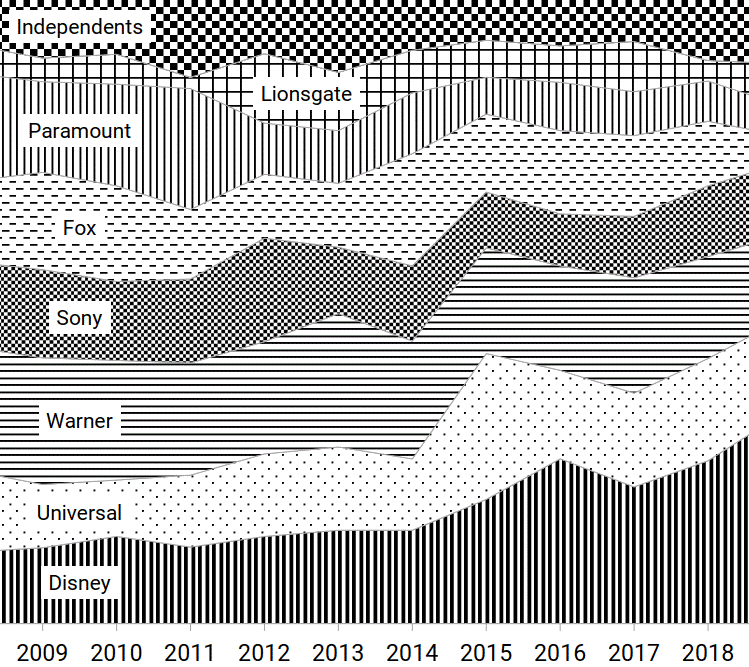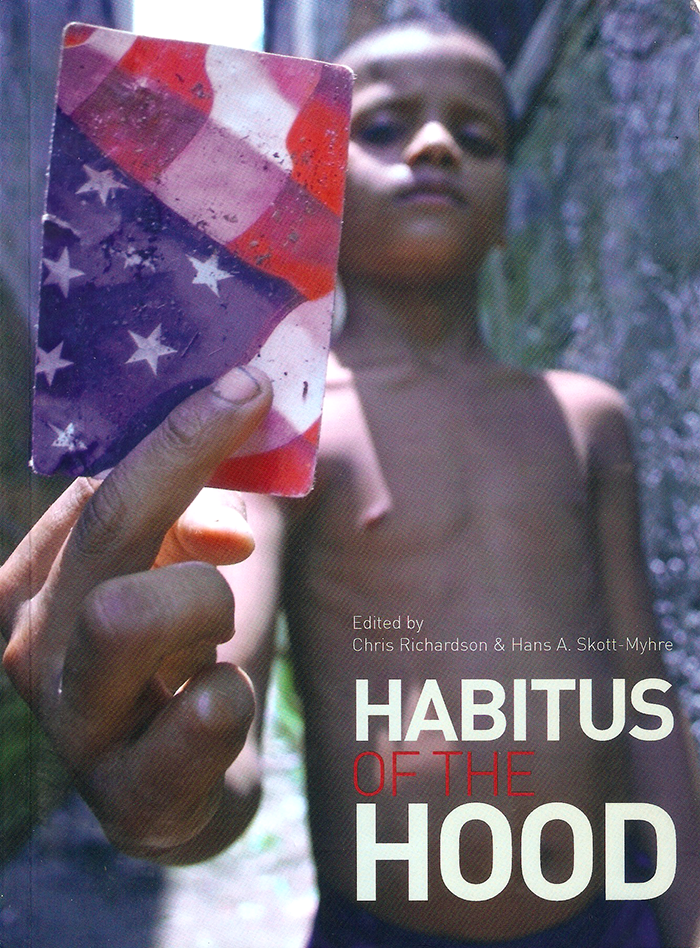deWaard, Andrew and R. Colin Tait. The Cinema of Steven Soderbergh: indie sex, corporate lies and digital videotape. New York: Wallflower Press/Columbia University Press. 2013.
Abstract: The industry’s only director-cinematographer-screenwriter-producer-actor-editor, Steven Soderbergh is contemporary Hollywood’s most innovative and prolific filmmaker. A Palme d’or and Academy Award-winner, Soderbergh has directed nearly thirty films, including political provocations, digital experiments, esoteric documentaries, global blockbusters, and a series of atypical genre films. This volume considers its slippery subject from several perspectives, analyzing Soderbergh as an expressive auteur of art cinema and genre fare, as a politically-motivated guerrilla filmmaker, and as a Hollywood insider. Combining a detective’s approach to investigating the truth with a criminal’s alternative value system, Soderbergh’s films tackle social justice in a corporate world, embodying dozens of cinematic trends and forms advanced in the past twenty-five years. His career demonstrates the richness of contemporary American cinema, and this study gives his complex oeuvre the in-depth analysis it deserves.
- Description; Website; Columbia University Press Profile; Worldcat; Bookshop; Barnes & Noble; Google Play; Amazon
- JSTOR (if you have access through your institution, the whole book is available)
- Sample Chapters:
- Preface by Thomas Schatz & Introduction [Full text pdf]
- Chapter 1: “The Dialectical Signature: Soderbergh as Classical Auteur” [Full text pdf]
- Chapter 6: “The (Bl)end of History: The Good German and the Intertextual Detective” – [Full text pdf]
- Chapter 9: “Trafficking Social Change: The Global Social Problem Film in the 2000s” – [Full text pdf]
Reviews:
An excellent analysis of the diverse range of work of one of the most fascinating contemporary filmmakers and the broader industrial and social contexts in which this is situated. Highly recommended.
— Geoff King, Brunel University
A complex reading of an iconoclastic auteur that is both sophisticated and accessible. This compelling portrait is also a fascinating take on the history of American cinema from the late 1980s to the present.
— Alisa Perren, Georgia State University
Steven Soderbergh is one of contemporary Hollywood’s most innovative and prolific filmmakers, and books on his work are coming fast and furious just as fans and followers speculate about his retirement from the cinema. Mark Gallagher’s recent Another Steven Soderbergh Experience: Authorship and Contemporary Hollywood was one such volume. Now readers have another excellent book on this maverick, shape-shifting filmmaker who, moving with ease between big budget spectacle and indie introspection, tackles social justice in a corporate world with films embodying dozens of cinematic trends and forms advanced in the past 25 years. A welcome addition to the long-running “Directors’ Cut” series, this book extends the dialogue on Soderbergh in a number of new directions, concentrating on issues of auteurship and identity in the director’s oeuvre, and offering compelling readings of The Limey, Solaris, and The Good German, among other films. Immaculately researched and illustrated with frame blowups throughout the text, the volume is an important contribution to the field and demonstrates just how complex and how important Soderbergh is to late-20th- and early-21st-century filmmaking. Summing Up: Highly recommended. Lower-level undergraduates and above.
– W. W. Dixon, University of Nebraska–Lincoln, Choice: Current Reviews for Academic Libraries, Sept 2013, Vol. 51 Issue 1, p83.
More information at cinemaofstevensoderbergh.com
